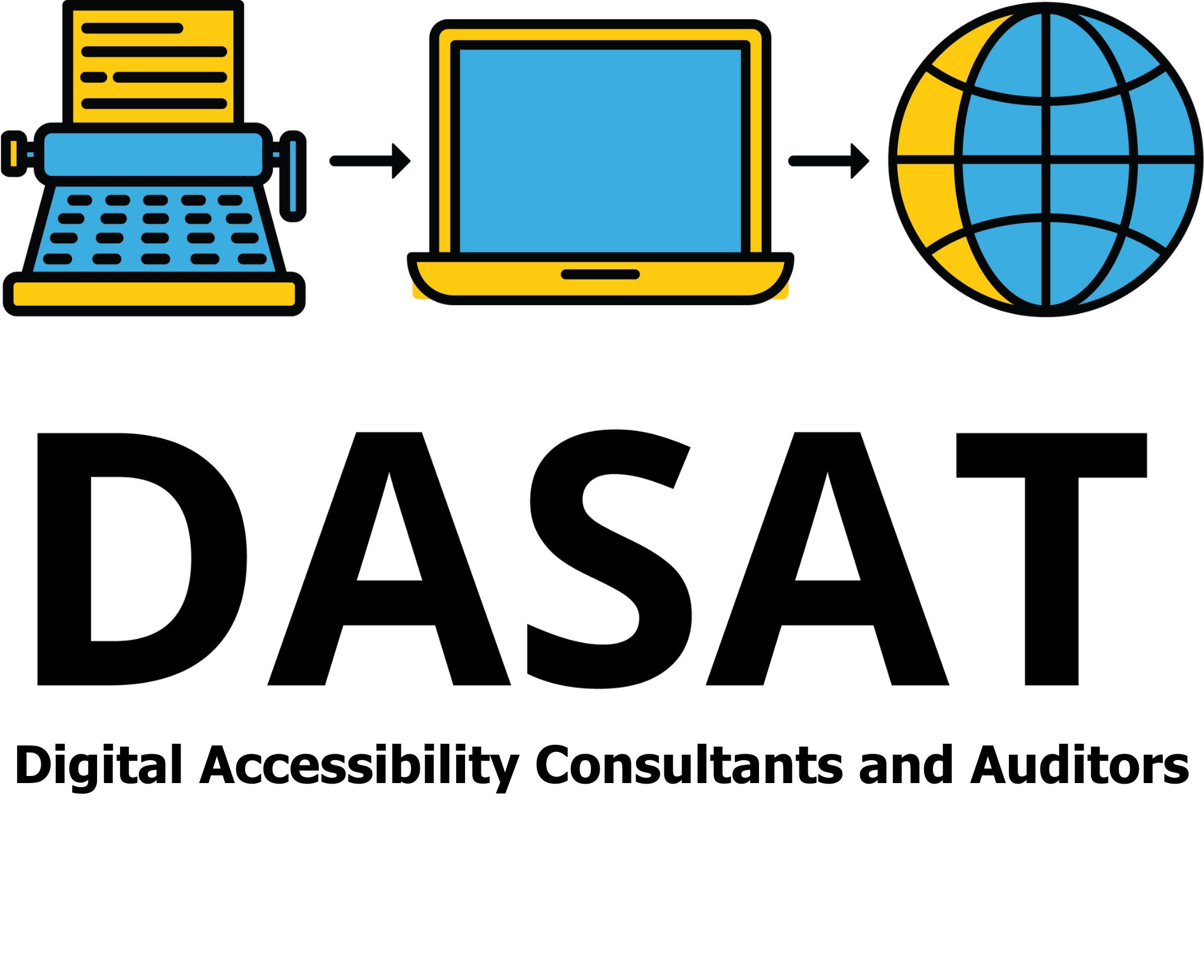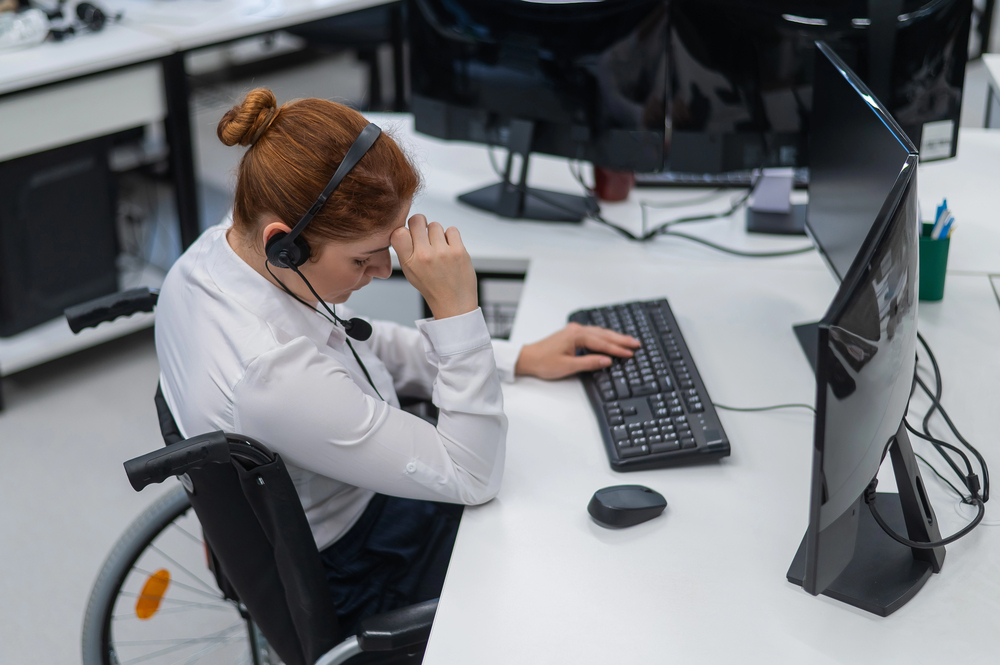
How Do People with Disability Live Without Using a Computer?
Daily life without digital access is possible – but far from easy.
We rely on computers and the internet to do everything from paying bills to booking appointments. We use laptops, mobile phones and tablets in our work and while we travel. It is our entertainment and our books. It is how we find out the news and weather. What is the score in the footy game. Check the websites. What happens if you can’t use a computer because of a disability? For some Australians, this is their daily reality.
People who are elderly or who have involuntary movements such as Tourette’s, some forms of Cerebral Palsy, Parkinson’s disease and other disabilities struggle to use keyboards which have. While technology can often help, it’s not always accessible or easy to learn. This can make daily tasks harder and take away a person’s independence.

What daily tasks are harder?
Without access to a computer or device, people struggle with:
- Paying bills online – They might have to rely on someone else, use phone banking (if they can manage voice menus), or physically go to a post office or bank. They often rely on support workers to assist with this.
- Booking appointments – Many medical services now use online booking systems. If they can’t use these, people may need to call and wait on hold – or miss out.
- Accessing government services – Services like Centrelink or MyGov expect users to manage everything online, which can be nearly impossible without help.
- Getting public transport info – Live updates for buses or trains are often online or in an app, making travel harder for people without digital access.
- Shopping for groceries or household items – Online shopping is very helpful, but not usable if you can’t navigate the website or app.
- Staying connected – Social media, email, and video calls are a big part of staying in touch. Without these tools, people can feel lonely and left out.
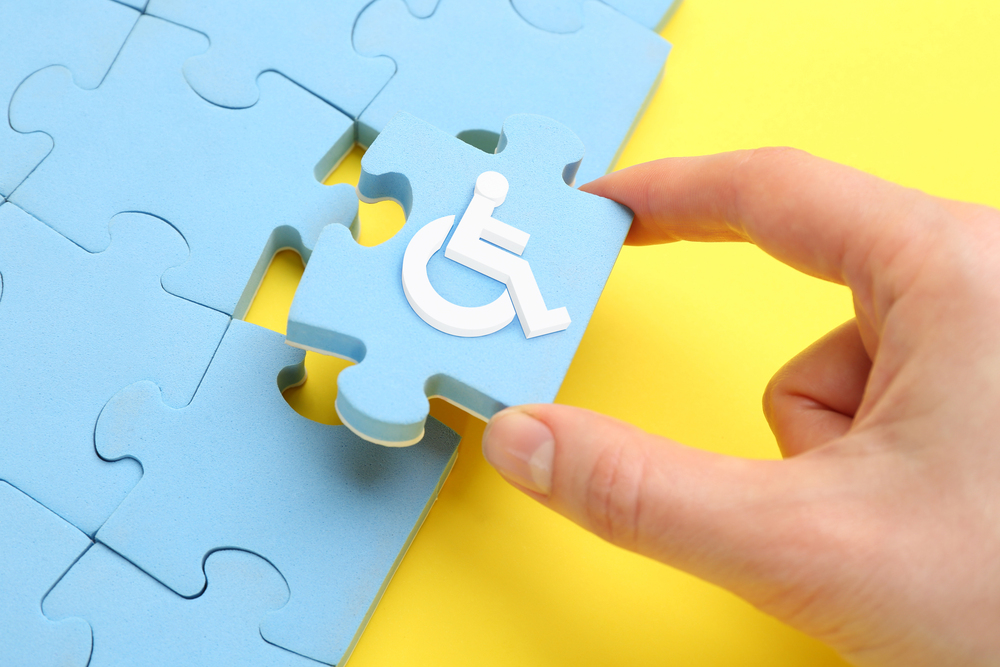
What are the Barriers
There are many reasons someone with a disability may not be able to use a computer:
- No accessible technology – Not everyone has access to screen readers, voice controls, or adaptive keyboards.
- No digital skills training – Some people never had the chance to learn how to use digital devices. Many community courses aren’t designed for people with disability.
- Websites and apps that aren’t accessible – Even when someone has the right tools, websites often don’t work properly with them. This creates extra frustration and exclusion.
- Cost – Computers, internet plans, and assistive technology can be expensive, especially for someone on a disability pension.
You can read more about digital barriers on the DASAT website.
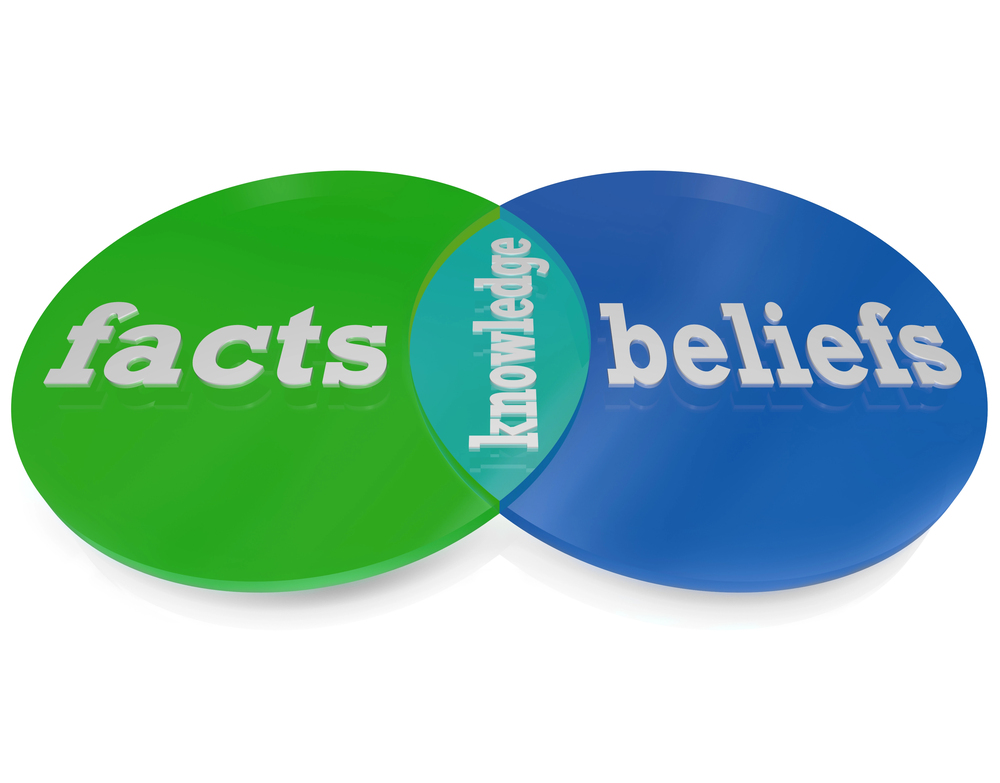
How do people manage?
Despite these challenges, many people with disability find ways to live full lives. Some rely on:
- Support workers or carers who help with online tasks
- Face-to-face services, like going into the bank or local council
- Phone services, although long wait times can be stressful
- Family or friends who act as digital helpers
But needing help for everyday things can feel frustrating. It also takes away privacy and independence.
Some people use non-digital tools, like paying bills through Centrepay or receiving printed statements and letters instead of emails. But these options are slowly disappearing as businesses “go paperless.”

What’s being done to fix this?
Groups like DASAT are pushing for better digital access and more awareness. Websites and services should be built so that everyone can use them.
The Web Content Accessibility Guidelines (WCAG) – created by the World Wide Web Consortium (W3C) – give clear steps on how to make websites easier for people with disabilities. But not all organisations follow these rules.
You can find more about user-friendly websites on DASAT’s Digital Accessibility Standards page.
We also need more training, funding, and support for people with disability to learn digital skills and access technology. This isn’t just about convenience – it’s about equal rights.
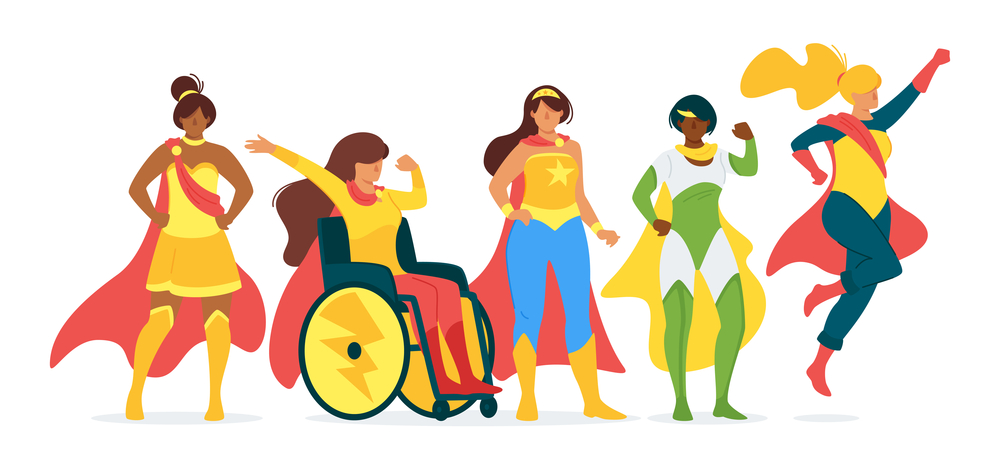
Final thoughts
People with disability who can’t use computers still find ways to live, but it’s not easy. The digital world often leaves them behind. If we want to create a fair society, we need to make sure that services are available to everyone – not just those who can get online.
Want to know more about inclusive tech? Check out the DASAT homepage.
